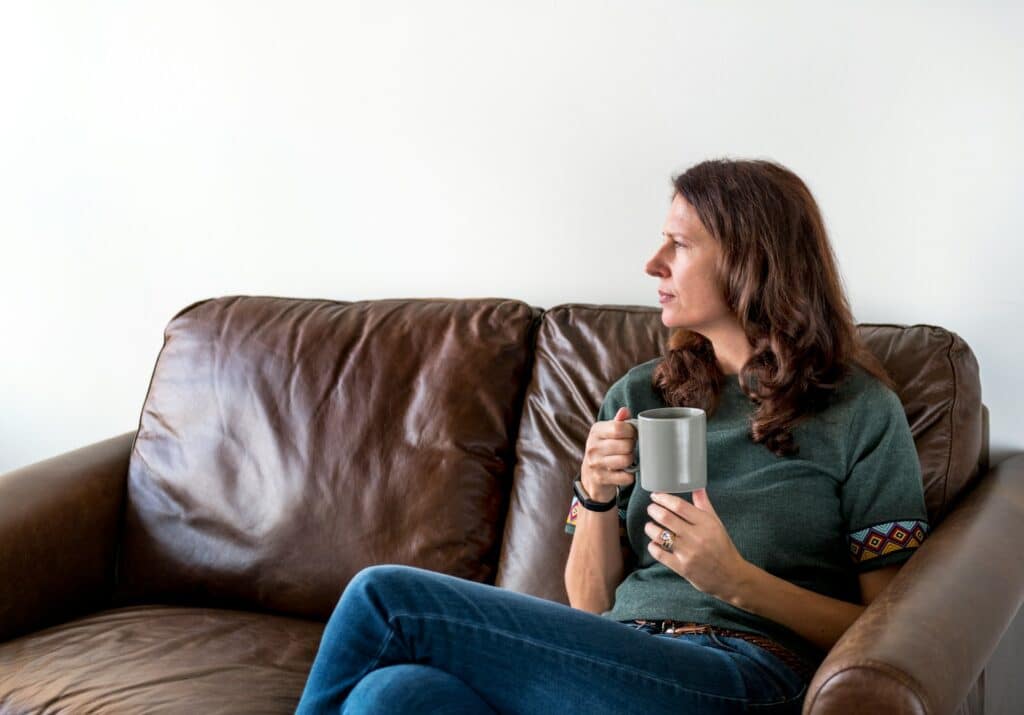Talking about sensitive topics like incontinence can feel a bit awkward, but it’s more common than many might think. Mild incontinence, while not often discussed openly, impacts the daily lives of countless people. Luckily, there are various solutions available for those seeking help. Think about a moment when you sneezed or laughed a tad too hard and felt a little leak. You’re not alone. It’s those small, everyday moments that can become a source of stress over time, affecting confidence and comfort. Addressing them is important to enjoying life more fully.
Understanding how to manage mild incontinence can significantly improve one’s quality of life. This article will explore the nature of mild incontinence and delve into practical, often non-invasive treatments. By gaining insight into this condition and learning about potential solutions, individuals can take steps toward alleviating these concerns.
Understanding Mild Incontinence
Mild incontinence generally refers to the slight, routine leaking of urine. It might happen when coughing, laughing, or lifting something heavy. While it might seem minor at first, these incidents can lead to feelings of embarrassment or anxiety over time. By understanding the symptoms and causes, individuals can take informed steps to manage the issue effectively.
Here’s a glimpse of what mild incontinence typically involves:
– Symptoms: Common signs include occasional leaking and a sudden, strong urge to urinate that might not be controlled swiftly.
– Causes: Factors can vary but often include age-related changes, effects of childbirth, and certain lifestyle habits.
– Impacts: These can range from the inconvenience of needing to use the restroom often to the emotional effects of worrying about having accidents in social or professional settings.
Recognizing these elements is the first step to finding a solution that fits one’s lifestyle. Addressing mild incontinence doesn’t just mean wearing certain products or avoiding fluids. Understanding it in-depth paves the way for managing symptoms in a more controlled and effective manner, leading to greater confidence in everyday interactions and activities.
Non-Invasive Treatments for Mild Incontinence
Fortunately, there are several steps one can take to minimize the effects of mild incontinence without resorting to surgery or medications. These non-invasive treatments focus on lifestyle adjustments, exercises, and behavioural techniques that can be adapted into daily routines.
1. Lifestyle Changes:
– Adjusting fluid intake and timing can help manage urgency without leaving one dehydrated.
– Dietary modifications, including reducing caffeine and alcohol, can lessen bladder irritation.
2. Physical Exercises:
– Pelvic floor exercises, known as Kegels, strengthen the muscles that control urination. Regular practice can lead to significant improvement.
– These exercises are simple and can be done discreetly at any time, whether in line at the grocery store or sitting at a desk.
3. Behavioural Techniques:
– Bladder training encourages going to the bathroom at set intervals. Slowly extending the time between visits can help control urgency.
– Setting a schedule for bathroom visits can prevent accidents and establish a routine.
Incorporating these methods might take some time and patience, but they offer a powerful way to manage mild incontinence. Whether one feels comfortable starting with Kegels or adjusting fluid intake, experimenting with these approaches can lead to finding what works best for each individual’s lifestyle.
Medical Treatments for Mild Incontinence
If lifestyle changes and exercises don’t provide the desired relief, medical treatments might be the next step. These treatments offer targeted solutions that can be more effective for some individuals. Many of these options are non-surgical, ensuring they remain accessible and not overly invasive.
Understanding the range of medical treatments available can make a big difference:
– Medications: Some medicines can help manage the symptoms by relaxing the bladder or decreasing the urge to urinate. These can be a helpful addition for those who find other methods only partially effective.
– PRP Therapy: Platelet-rich plasma (PRP) therapy involves using components from your blood to promote muscle regeneration and healing. This method can bolster the supportive muscles in the pelvic region, thereby reducing symptoms over time. It’s a promising option for those seeking non-hormonal treatments.
– Laser Treatments: Recently gaining attention, laser treatments involve using controlled laser energy to strengthen vaginal tissues and improve pelvic support. Sessions are typically quick, and many people find it a convenient option with minimal downtime.
Exploring these medical treatments offers another layer of support for those dealing with mild incontinence. As with any medical decision, speaking with a healthcare provider ensures that chosen treatments align with individual health needs and circumstances.
Seeking Help from Specialists
Engaging with medical specialists can significantly enhance one’s understanding and management of incontinence. Specialists bring a depth of knowledge and experience, tailoring treatments to fit individual needs and maximizing the effectiveness of solutions.
You might wonder when to consult a specialist. For those experiencing symptoms of Lichen Sclerosus alongside incontinence, seeing a specialist is particularly important. Specialists provide a comprehensive approach to care, addressing multiple facets of vaginal and pelvic health.
What can you expect from a specialist visit?
– Personalized Assessment: A thorough review of symptoms and medical history helps in crafting a personalized treatment plan.
– Focus on Individual Needs: Each person’s situation is unique. Specialists can recommend and adapt treatments based on specific symptoms, lifestyle, and health goals.
– Step-by-Step Guidance: From explaining treatment options to setting realistic expectations, specialists guide patients through every step.
By reaching out to a specialist, you don’t just gain access to expert advice but also a partner in managing your health effectively.
Finding Relief and Support in Toronto
Living in Toronto offers numerous opportunities for receiving the care and support needed to tackle mild incontinence. The city is home to various healthcare providers focused on gynaecological health, making it easier for individuals to find the right treatment plans.
Residents here have access to diverse treatment options, from lifestyle adjustments to advanced medical interventions. Local resources, such as health clinics and specialists, provide key insights and support tailored to personal needs.
Taking the first step toward managing incontinence might feel daunting, but the benefits are well worth it. With the right resources and guidance, living with confidence and ease becomes a reality. By leveraging available treatments and support in Toronto, individuals can embrace a life less interrupted by the challenges of mild incontinence.
Find peace of mind with your health by consulting a lichen sclerosus specialist at FemRenew. Our specialists are ready to guide you on your journey to comfort and well-being. With personalized care and expert advice, we help you manage symptoms effectively and improve your quality of life. Don’t let discomfort hold you back. Take the first step right here in Toronto.



